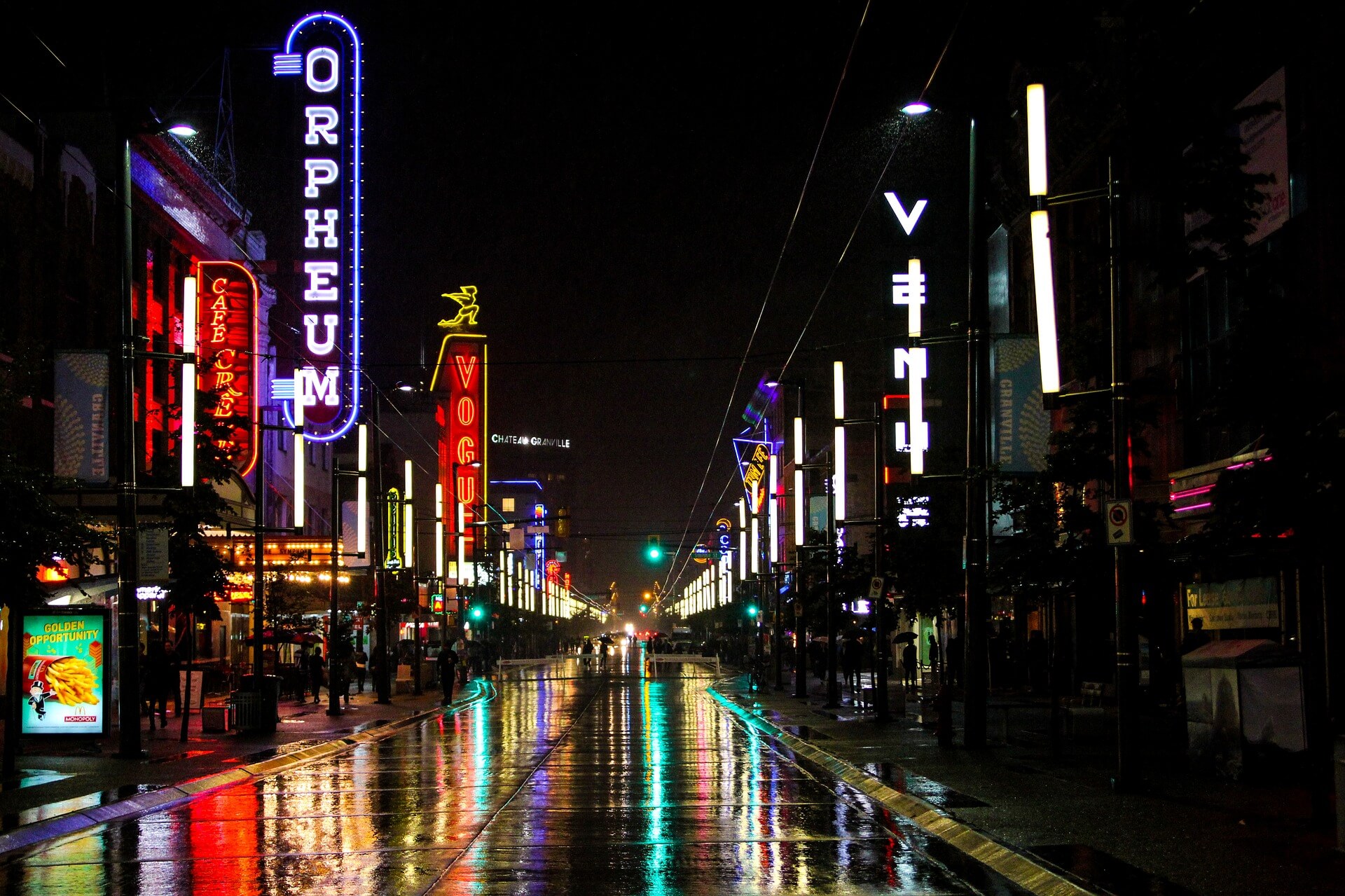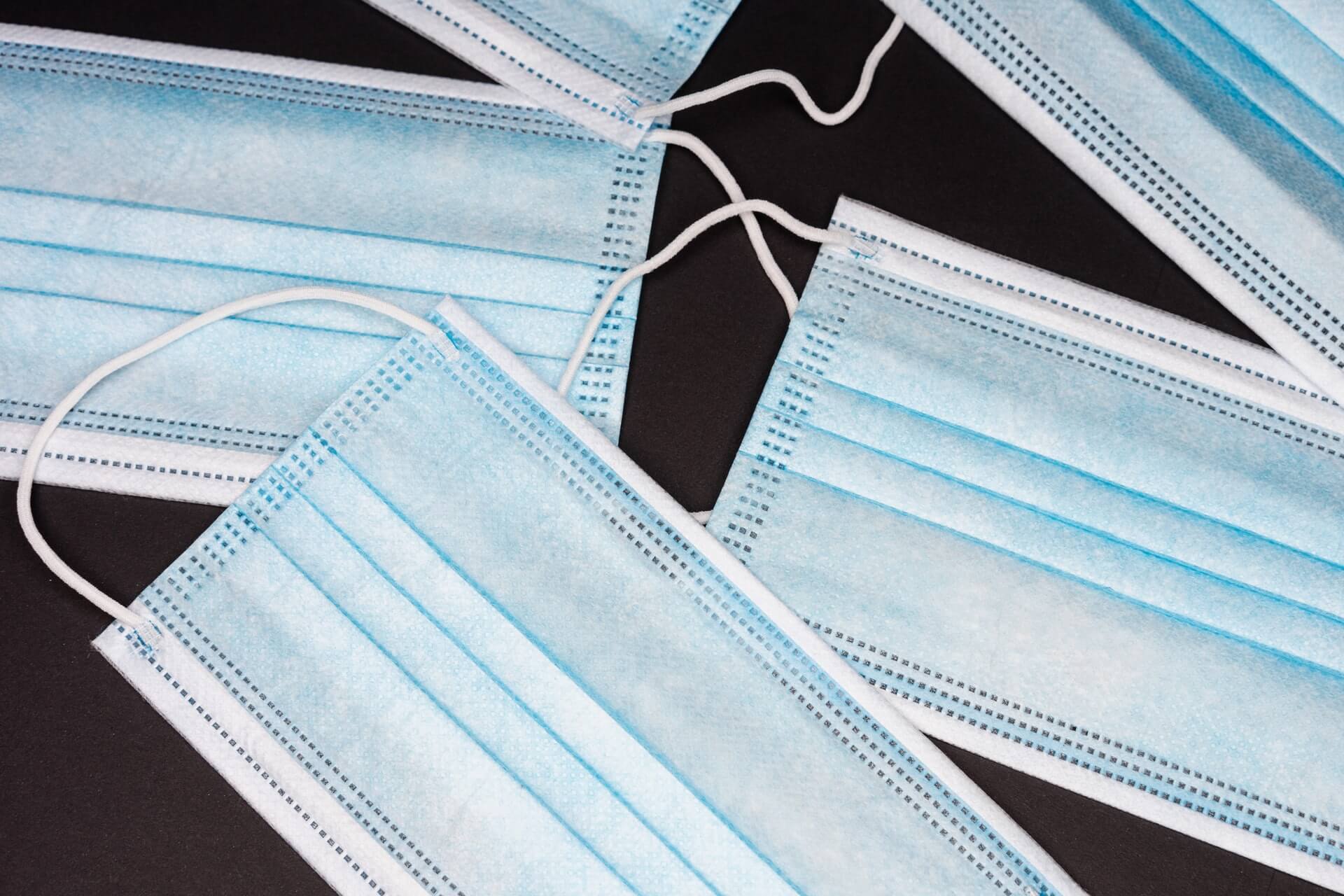Restrictions: What’s Different in British Columbia?
by David Klemt

While face mask and proof-of-vaccine requirements remain in place throughout British Columbia, some Covid-19 restrictions are no more.
“By following the science and looking out for each other, we are now in a position to carefully ease many COVID-19 restrictions,” said BC premier John Horgan last week.
Per reports, the second-dose vaccine rate of eligible residents in BC is over 90 percent. That, along with a dip in hospitalizations, are likely contributing to this easing of restrictions.
Premier Horgan denies that the “Freedom Convoy” protests influenced BC’s decisions.
What’s Different Now?
The most relevant news pertaining to hospitality operators impacts capacity and guest behavior.
Restaurant, bar, lounge, and nightclub operators have reason to feel a sense of relief. This is due to several favorable changes to Covid-19 restrictions.
First, capacity restrictions for the venues above have been lifted. This return to 100-percent capacity is likely the most welcome change for BC operators.
Second, table limits. In short, those are also no more. No longer are parties limited to six guests or less.
The third restriction (at least the order I’m addressing them) is the return of mingling. That’s right—guests can socialize amongst other tables once again.
Fourth, there’s no longer a Covid-19-specific limit dictating liquor service hours.
Fifth, down goes the plexiglass. Operators can remove their plexi barriers. However, given the past two years of restriction whiplash, it could be smart to store and not toss our or destroy them.
Finally, and this is perhaps the greatest return to a semblance of normalcy, dancing is back. For nearly two years, the province of BC has been the town in Footloose. But as of now, guests are free to dance once again.
It’s important to note that workers will follow their employers’ Covid-19 safety plans.
What Else is Changing?
Unfortunately, what’s in the pipeline for further easing of restrictions is unknown.
Currently, masks are required in a restaurant, bar, lounge, or nightclub when a guest isn’t in their seat. Also, guests must still present the BC Vaccine Card for scanning to gain entry. Two doses of an approved vaccine are required.
BC’s Provincial Health Officer, Dr. Bonnie Henry, will “revisit” current restrictions on March 15. Dr. Henry will do so again in mid-April.
So, while there is cause for some optimism that life could return to normal in BC by April or May, we simply do not know for sure. Indeed, should another Covid-19 variant lead to a rise in infections and hospitalizations, now-lifted restrictions could conceivably return.
However, while Dr. Henry believes as we do that “hope is not a strategy,” there is room for optimism. With capacity, mingling, and dancing restrictions lifted, operators can once again offer guests a sense of normal life.
Image: Jerry Coli from Pixabay

